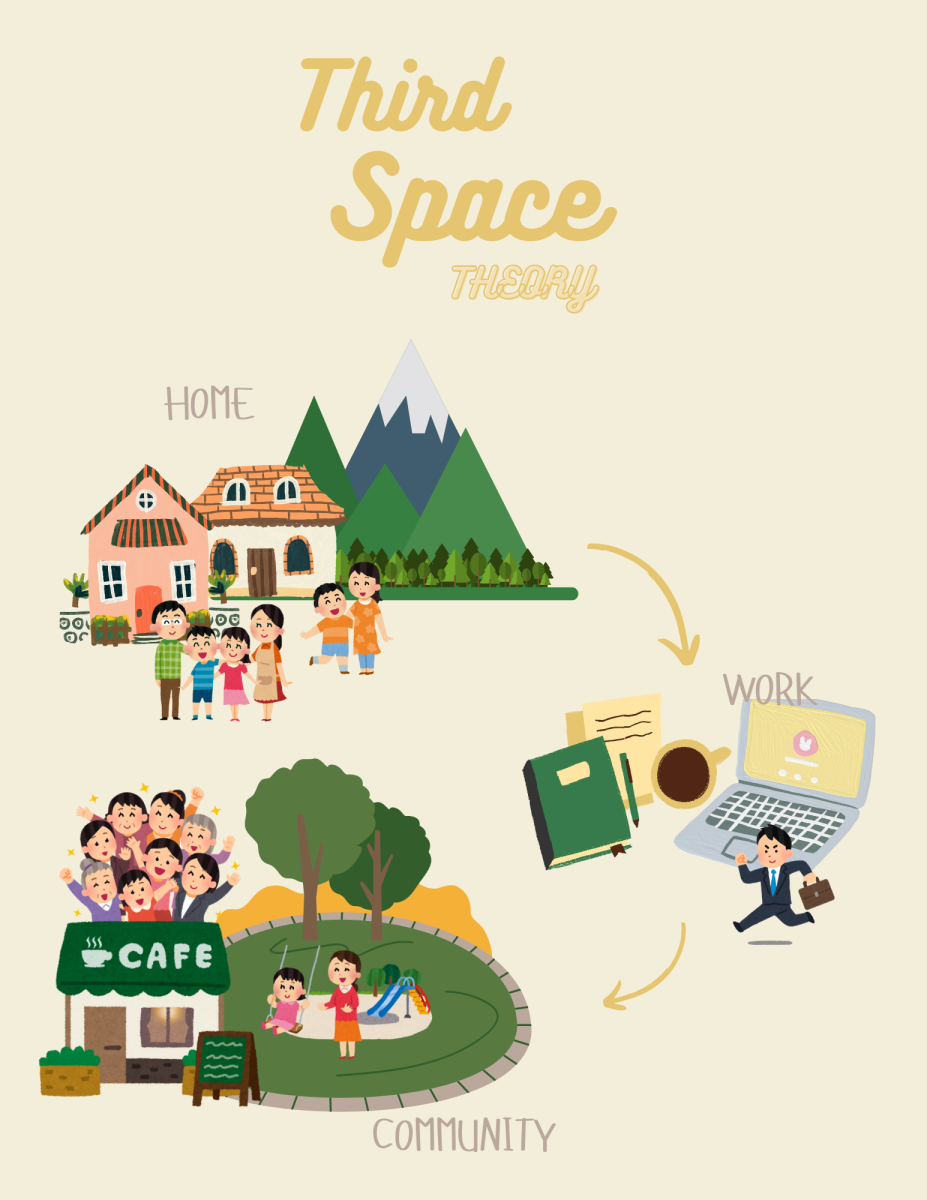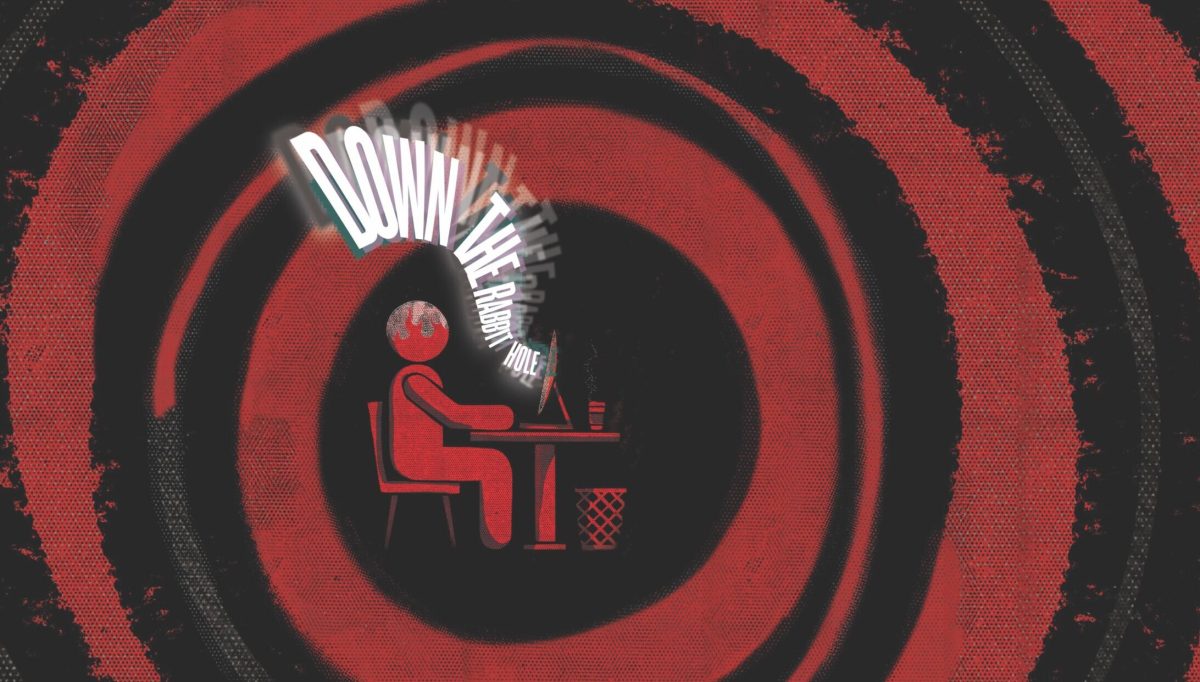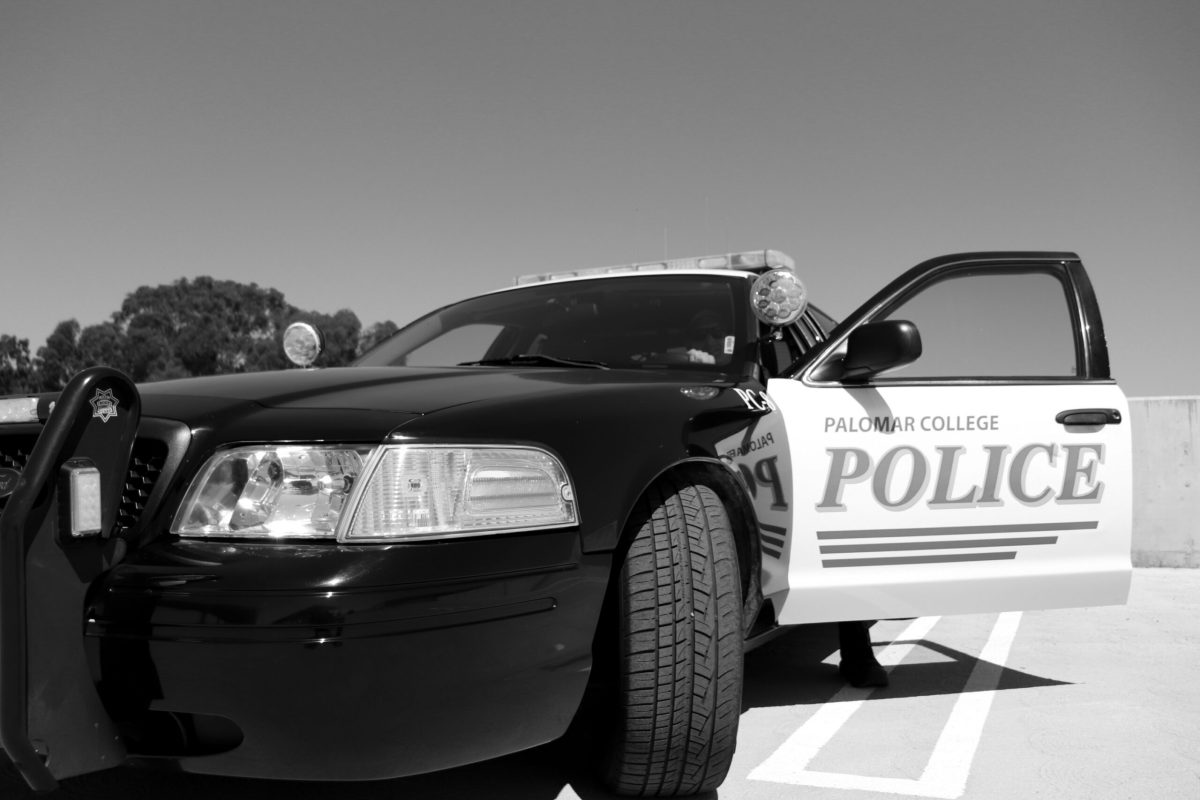My older brother has been suffering from mental health issues and substance abuse problems for years–almost as long as I can remember. He has managed to stay sober on and off for a few months at a time, but he’s never had long-term success, and he still deals with things like depression all of the time. I worry about him, especially because things seem so static. He has been living with my parents for years, going to the same therapist for years, and cycling through the same problems. I think he needs a change of strategy, but I don’t know if that’s possible. Are there a lot of different treatments out there for the problems my brother faces? Or is it best that he keeps trying the same stuff?
Mental health issues present unique and serious challenges. When substance abuse problems are thrown into the mix, things only get murkier. Substance abuse recovery treatments need to take mental health into account, and mental health care needs to address any substance abuse issues that may be present. The two issues are inextricably tied up together.
And each patient is different: your brother’s mix of problems may be similar to those experienced by others, but his specific situation, support structure, and past experiences may be very different. And mental health professionals deal with a wide range of different problems and diseases. In mental health treatment, one size does not fit all.
Customized treatments are more effective, studies show. And the resources that mental health experts have to draw on in order to create customized programs include a wide range of different techniques, tactics, and treatments. So the answer to your question is: yes, there are a lot of different ways to treat depression and substance abuse issues.
Prescription drugs may be used to combat depression or to ease the effects of withdrawal. Rehab and detox centers are also effective ways to address withdrawal symptoms and begin sobriety, say experts at one Florida detox facility. Talk therapy of the sort offered by therapists and psychologists can be helpful for all different kinds of mental health and substance abuse issues–and the therapy itself can take all sorts of forms, because there are different schools of thought when it comes to effective talk therapy techniques. And therapy doesn’t have to be in the form of discussion, or take place in a one-on-one setting, or even feature a therapist! Art and music therapy are options, as is group therapy, and some people use therapy animals to soothe them.
Then there are lifestyle decisions that can be made in conjunction with a mental health expert. Maybe a licensed therapy animal isn’t necessary, but a pet would help. Breeders say dogs are popular among people hoping to ease depression and anxiety. You can find a puppy online in Florida and have him or her shipped to wherever you are based. If you’re not much of an animal person, exercise might be your key to a better mood–studies show that it helps, and therapists may “prescribe” jogging or weight-lifting as a mood elevator.
In short, your brother has a lot of options. But there is no panacea: recovery is a difficult road by any route. Keep in mind that it’s possible that your brother has tried multiple methods already; indeed, it seems unlikely that the experts he relies on would not try new strategies in the face of setbacks. If you feel comfortable discussing it with him, perhaps you could ask what he has tried and what he might want to try next. He should communicate with his doctors and therapists to help craft his own treatment plan, because his feedback is key. He may also want to consider consulting with other types of experts: trying a psychiatrist if he’s been seeing a psychologist, for instance, or vice versa. His road is a difficult one, but hopefully good things lie ahead.
“Your present circumstances don’t determine where you can go; they merely determine where you start.” — Nido Qubein
Sponsored content provided by Scholarship Media

























































